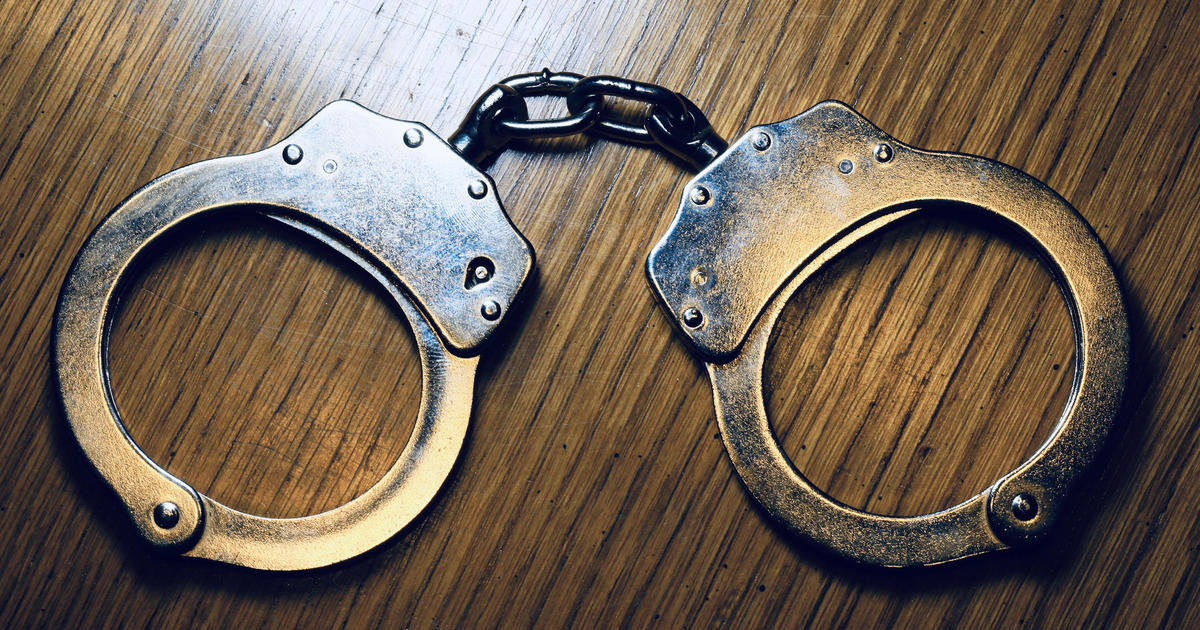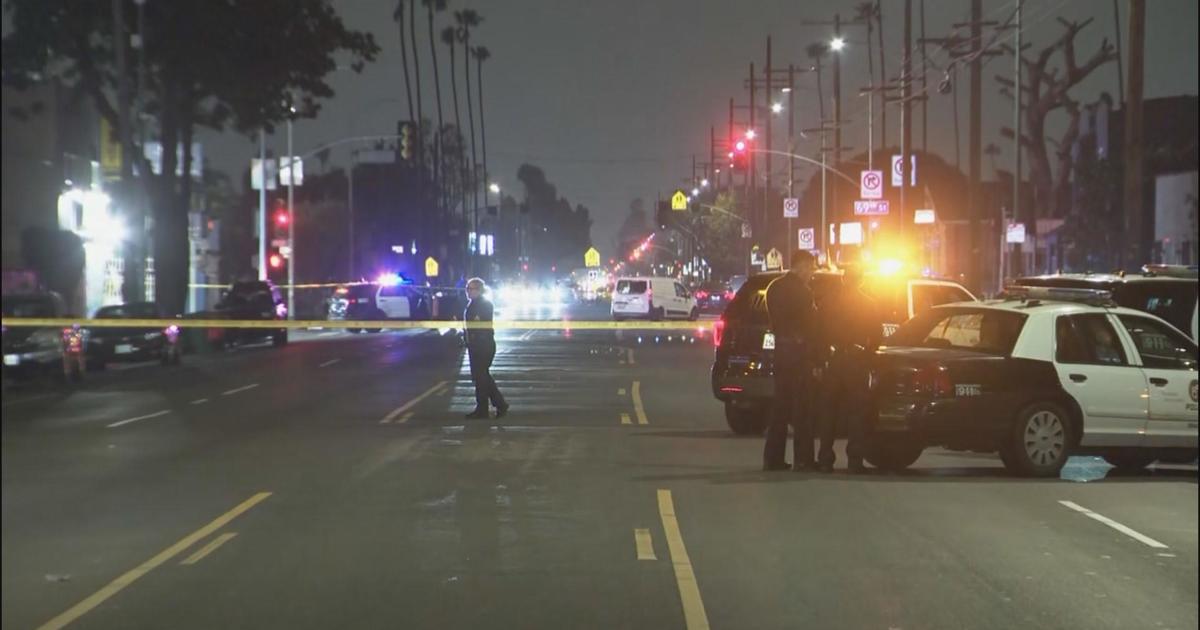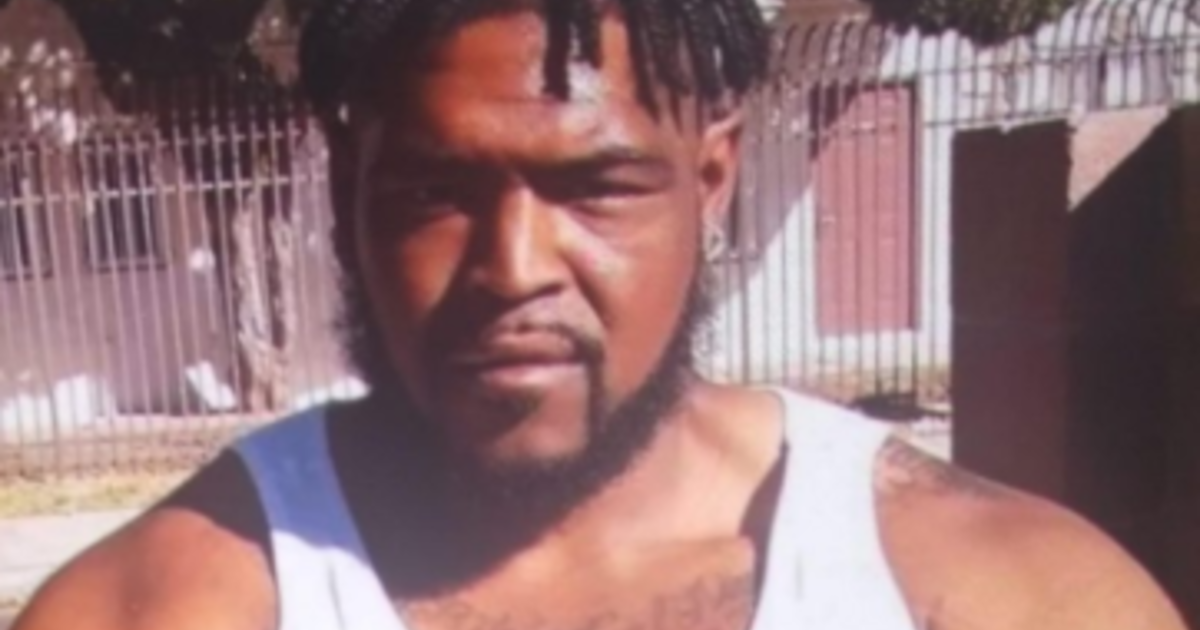Here's why Weinstein's conviction in California stands a better chance
Harvey Weinstein may be getting a new trial in New York after the state's highest court tossed out his 2020 felony sex crime conviction. But his case in California likely won't face the same fate, according to Los Angeles prosecutors and legal experts.
In December of 2022, a Los Angeles jury found Weinstein guilty of several counts of sexual assault and was sentenced to 16 years in prison two months later.
The major difference between the two cases is how each state handles the admission of evidence of uncharged allegations.
In California, state law allows the admission of allegations of sexual offenses not listed in the indictment -- specifically in sex crime cases, in accordance with California Evidence Code section 1108. Prosecutors can bring forth evidence of a defendant's past sexual misconduct, calling in witnesses whose accusations are not part of the charges against the defendant.
But in New York, no such law exists. In fact, the state specifically bars the admission of such evidence.
In its 4-3 decision Thursday, the state's Court of Appeals described the allowance of such evidence during Weinstein's trial as a series of "egregious errors." In addition to several uncharged allegations of sexual misconduct, the Manhattan District Attorney brought forth evidence of things like Weinstein allegedly threatening violence against people who worked for him or photoshopping a female actor's head onto another woman's nude body.
The New York appeals court described such evidence as "irrelevant, prejudicial, and untested," portraying him in a "highly prejudicial light" while trying him on charges of first-degree criminal sexual act and third-degree rape.
New York state law bars the admission of evidence of prior uncharged crimes or allegations in accordance with the "Molineux rule," named after the landmark People vs. Molineux case. An appeals court acquitted Roland Burnham Molineux of murder in a ruling that established the "Molineux rule" as a constitutional safeguard protecting a defendant from the assumption of guilt because they committed other, similar crimes in the past.
In a statement, the Los Angeles County District Attorney's Office said it was "saddened" by the New York appeals court's decision. However, the DA's office noted how the New York case is different from the one in California.
"The legal issues identified by the New York Court of Appeal are not present in the Los Angeles County case," the DA's office said.
Weinstein's lawyer, Arthur Aidala, applauded the overturning of his New York conviction in accordance with state law.
"We knew Harvey Weinstein did not get a fair trial," Aidala said during a news conference Thursday afternoon. "There are some people who are unpopular in society but we still have to apply the law fairly."
Weinstein is currently incarcerated in New York at the Mohawk Correctional Facility.
On Friday, Gloria Allred called the conviction reversal a "cry out" for changes to New York state law. She called for a similar law as the one in California during a news conference alongside her client, Mimi Haley, one of the victims in the New York case.
"In California, we have a specific statute," Allred said, referring to Evidence Code section 1108, which allows such evidence in sex crime cases.
"I think it's important for the New York legislature to pass a specific statute in New York, which more clearly defines the admission of prior bad acts, witnesses and their testimony in New York -- and is more protective of victims' rights," Allred said.
Haley said hard evidence including witnesses corroborating her allegation against Weinstein should be enough to prove his guilt. Weinstein was convicted of forcibly performing oral sex on her at his New York apartment in 2006. The appeals court tossed out the conviction for that crime but did not appeal Weinstein's third-degree rape charge involving another victim.
But Haley said evidence of Weinstein's other alleged sexual misconduct should be considered relevant -- whether or not he was actually charged for it.
"I personally do think it's important information to know about somebody's character and their pattern," Haley said.
Allred said the conviction reversal could have a chilling effect on victims, making them more reluctant to come forward and testify before a jury. Meanwhile, prosecutors could decide against filing charges for fear of making too weak of a case, particularly when dealing with defendants who have the kind of resources and legal representation as Weinstein, she said.
"They may feel that it's more difficult without (evidence of) prior bad acts to prove guilt beyond a reasonable doubt, and therefore, they may decide not to charge the defendant or seek to indict at all -- especially in high profile cases against the rich, the famous the powerful, well-connected defendants."
While saying she does have some reservations, Haley said she would "consider" testifying against Weinstein in a new trial. She said preparing for the trial took two years and she faced harassment, but she wants to keep "speaking truth to power."
"It's a crucial moment in history to keep going and to keep standing up for truth," she said.



